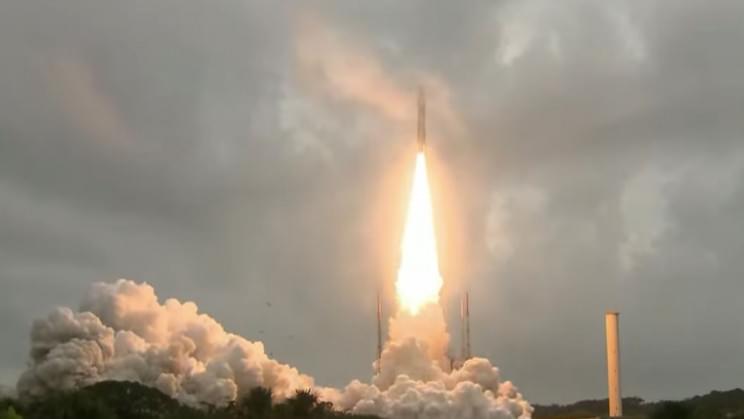In a tenth of a second.
We’ve just taken another step toward comprehending enormous magnetar explosions.
For the first time, a group of international researchers was able to measure oscillations in the brightness of a magnetar during its most violent moments.
This was a brutal moment in time indeed, as in less than a tenth of a second, the magnetar expelled energy equivalent to that created by the sun in 100,000 years!
Why you should know about magnetars (and why they’re scary) A magnetar is a rare form of neutron star distinguished by an extremely powerful magnetic field. Its field is about 1,000 times stronger than that of a regular neutron star — a trillion times greater than that of the Earth! We only know about 30 of these objects, since detecting them is a difficult task for our current technologies. While they are known to suffer violent eruptions, we know relatively little due to their unexpected nature and their short duration time of barely tenths of a second.
Full Story:








